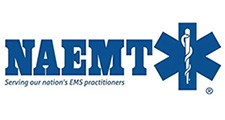
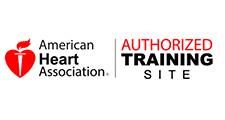
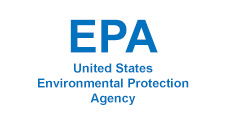
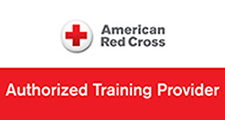
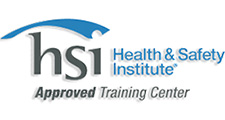

In an era where unforeseen emergencies can strike at any moment, being prepared can make all the difference. The rise of initiatives like Stop the Bleed highlights the importance of equipping individuals with life-saving skills to respond effectively to critical situations involving severe bleeding. While primarily focused on community preparedness, the significance of Stop the Bleed certification extends beyond individual empowerment, finding recognition even among insurance companies.
Stop the Bleed, a national campaign initiated by the American College of Surgeons, aims to educate and empower bystanders to become immediate responders in emergencies where bleeding is severe. Through comprehensive training programs, participants learn essential techniques such as wound packing, tourniquet application, and pressure application to control bleeding effectively until professional medical help arrives.
So, why do some insurance companies recognize and accept Stop the Bleed certification?
First and foremost, insurance companies are deeply invested in risk management and liability mitigation. By promoting initiatives like Stop the Bleed, they acknowledge the potential impact of immediate bystander intervention in reducing the severity of injuries and minimizing associated liabilities. Individuals equipped with Stop the Bleed certification demonstrate a proactive approach to safety and preparedness, which aligns with the risk reduction strategies valued by insurance providers.
Moreover, Stop the Bleed certification reflects a commitment to community safety and well-being. Insurance companies recognize the broader societal benefits of empowering individuals with life-saving skills. In emergencies, prompt and effective intervention can not only save lives but also prevent long-term disabilities and reduce the financial burden associated with medical treatments and rehabilitative care. By encouraging and incentivizing Stop the Bleed certification, insurance companies contribute to building more resilient communities capable of responding effectively to emergencies.
Additionally, Stop the Bleed certification may lead to potential discounts or incentives on insurance premiums. Insurance providers often offer incentives for individuals or organizations that demonstrate proactive risk management practices. Stop the Bleed certification serves as tangible evidence of preparedness and responsibility, making it a valuable asset for negotiating insurance coverage and premiums.
Furthermore, embracing Stop the Bleed certification aligns with the broader corporate social responsibility initiatives of insurance companies. By supporting initiatives that promote public health and safety, insurance providers demonstrate their commitment to serving the communities they operate in. Stop the Bleed certification embodies the spirit of community engagement and empowerment, fostering stronger bonds between insurance companies and the communities they serve.
In conclusion, the acceptance of Stop the Bleed certification by some insurance companies underscores its significance in enhancing safety and preparedness. Beyond its immediate life-saving potential, Stop the Bleed certification reflects a proactive approach to risk management, community engagement, and corporate social responsibility. As awareness of the importance of immediate bystander intervention continues to grow, Stop the Bleed certification stands as a testament to the collective efforts towards building safer and more resilient communities.
Headquarters:
214-29 42nd Avenue
Bayside, New York 11361
Mailing Address:
P.O. Box 610606
Bayside, New York 11361
Phone: + 1 (718) 631-3333
Contact Form
